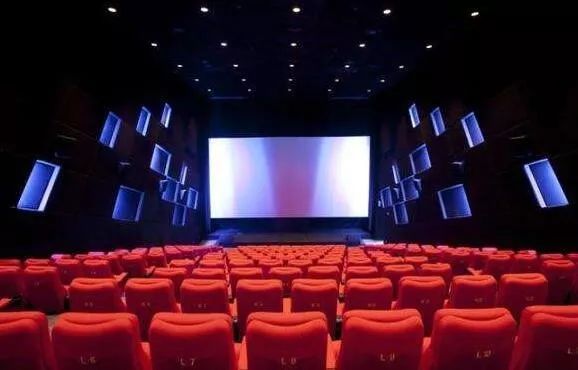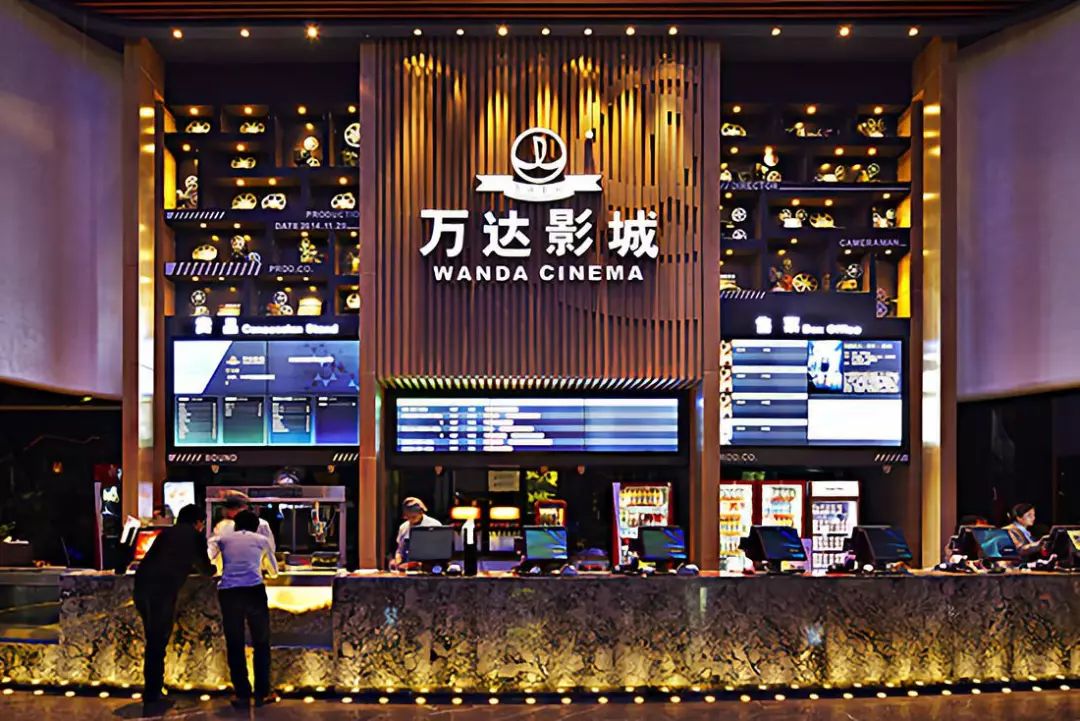With a year-on-year decrease of 37 million people, why is the number of theaters still growing?
Editor’s note: This article is from WeChat public account “Puffin Film and Television Archive” (ID: htysda), author: cookie Deng Ying Chong Wei-ping.
On December 9, last year, Xingmei International Cinema, located in Jinyuan New Yansha Shopping Center, Haidian District, Beijing, officially closed. On February 1 this year, the theater changed hands and changed its name to “Yingjia Xingmei Studio City” to start business again. Returning to life, he regained the top spot in the total box office of Star Cinema.
The box office is the normal state of the theater.
From a macro perspective, the hospital license was liberalized at the end of last year; in the middle of this year, open foreign investment entered the cinema investment market; at the same time, the official red-headed document of the Film Bureau required to complete the goal of 80,000 screens this year. The cinema market environment has been changing.
As of September 25, there were no theaters with no box office this year. 516, and last year this number was as high as 2,100, which was rapidly decreasing at a rate visible to the naked eye.
On the growth side, the number of newly opened theaters reached 949 this year. Behind these newly opened theaters are the real estate department Taihe and Suning, the foreign brand CGV, the local state-owned happy blue ocean, the industrial chain enterprise Wanda, and the veteran film company Bona.
The reasons for their new cinemas vary, and the industry veterans of Wanda and CGV are expanding in scale for brand strategy. Other new players, such as Evergrande, Taihe and Suning in the real estate department, are bound to the development of commercial multi-format. Suning made it clear that it would take back the cinema management rights of its complex. At present, through mergers and acquisitions and self-construction, it has opened 31 cinemas in the past three years.
In addition, many traditional film-sharing projects relying on the real estate department also ushered in the rapid development period of expansion, such as the blue ocean that has emerged from Jiangsu to the whole country, and has bound more than a dozen real estate developers. The city is all in cooperation with real estate in a commercial complex.
Under a few years ago, capital promoted industry mergers. In the current downturn in the box office, the new driving force of the cinema has changed, but it is easy to open and difficult to operate. In such a big environment, cinema operation is a lasting war.
Self-built, becoming the driving force of the cinema industry
As of September 24, the Chinese box office was 46.853 billion, down 3.14% year-on-year, and the number of people watching the movie was 1.253 billion, down 37 million.
The big environment is not ideal. But we are surprised to find that the number of theaters is still growing. In particular, Wanda, the industry leader, has been continuously building new theaters.
Wanda Films created 25 self-operated studios and 207 screens in the first half of this year, a decrease of 9 compared with the same period last year, although the number of expansions has slowed down with the decline of the film market. However, Zeng Maojun, president of Wanda Film, said at the end of 2018 that only after the scale of the theater is formed, there will be a scale effect. The upstream procurement cost will be low, and the upstream bargaining power will be stronger. The speed of Wanda Development Cinema will continue to be maintained. .
The motivation for self-built is also derived from the policy. After obtaining the license, Bona has obviously accelerated the pace of theater expansion.
On June 30, the National Development and Reform Commission and the Ministry of Commerce issued the “Special Management Measures for Foreign Investment Access (Negative List) (2019 Edition)”, and the number of negative entry lists for foreign investment in the country was reduced from 48 to 40. Among them, in the cultural field, “cinema, business needs to be controlled by the Chinese” was deleted in the new edition. This means that foreign-funded cinemas in mainland China can cooperate in the form of joint ventures, sole proprietorships, etc., no longer subject to restrictions on the proportion of shares held, and have more autonomy. It is reported that the policy has been officially implemented since July 30, 2019.
In the first half of this year, CGV ranked fourth in the number of new theaters and reached 131 theaters. This kind of rapid expansion is believed to have certain policy reasons.

Foreign capital has entered the domestic investment theater, and there have been precedents before this, such as the previous Warner.
In the earlier period, foreign investment in Chinese cinemas was strictly restricted by various parties. Until China joined the WTO in 2001, it restricted the restrictions on foreign investment in the film industry. After Warner established Yonghua Film City in Shanghai, it became the first foreign company to establish a joint venture with China. Later, it cooperated with Wanda, but it didn’t last long. In August 2005, the mainland issued new documents and did not allow foreign investment. 2


